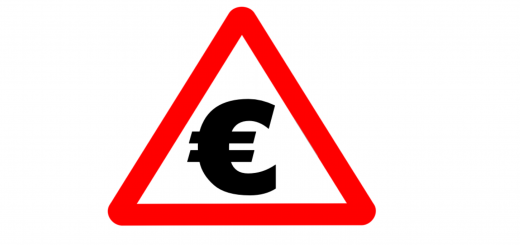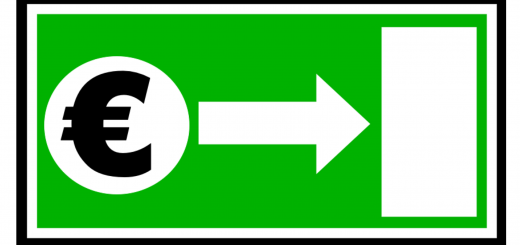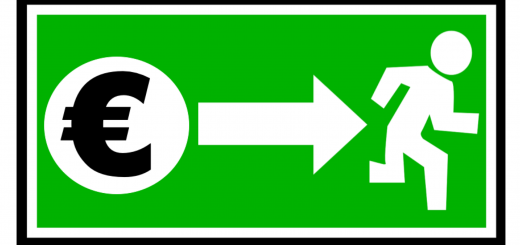bring the Dutch housing market back into balance
It will be clear to everyone that something is wrong in the housing market, but finding the key and then using it turns out to be difficult. Over the years, this market has been government-regulated on the part of buyers and social tenants, but deregulated on the side of investors and free market tenants. It is precisely this that ensures that more and more homes come into the hands of those investors and that more and more buyers are spending more money on their rent than a mortgage would have cost them. And this is not so much the fault of that investor, but of the system that the government has created. The government wants to protect buyers against an irresponsibly high mortgage, but not against an irresponsibly high rent. This gives investors the opportunity to bid higher, because they can easily make a higher offer without having comparable restrictions on obtaining a mortgage. This with more than the variable costs such as rent, plus the proceeds of the increased house prices in prospect. This is recalculated to an average net return of 18.6% per year.
The structure of the housing market has therefore ensured that the available repayment of the first-time buyers is used for extra interest income for the bank, extra return for investors and extra transfer tax. The tenants concerned see nothing of it. As starters, the same tenants are not allowed to make an extreme offer on the same house, because then we have to protect them against themselves. Despite the fact that after 40 years that gives a relieved house. Tenants with the same costs have nothing after 40 years. On the contrary, tenants are confronted with rising house prices and rents, which potentially increases their problem of buying or renting a house. All in all, a protection that turns out badly for those who don’t know how to own a house.
Making rules for investors to obtain a loan for the purchase of a rental property solves more. By including rental income for a maximum of 50% and taking out a maximum of 50% for a mortgage, these investors suddenly have to take with them twice as much for the purchase. So they can effectively only buy half the number of homes. The average net return then falls back to 8.2%. These measures will bring the regulation of the housing market into balance. Not only are buyers limited in what they can borrow to purchase their own home, but so are investors. After all, both can drive up prices if they are allowed to borrow indefinitely. Limiting one of the two ensures that the other can only drive up the price and thus effectively buy everything. The investors are in themselves already the stronger party because they can base their income on income generated by their tenants and therefore not generated by themselves. It is therefore only logical to limit the investors more than the starters.
So balance the housing market by regulating buyer and investor in an equal way!
… read more …








